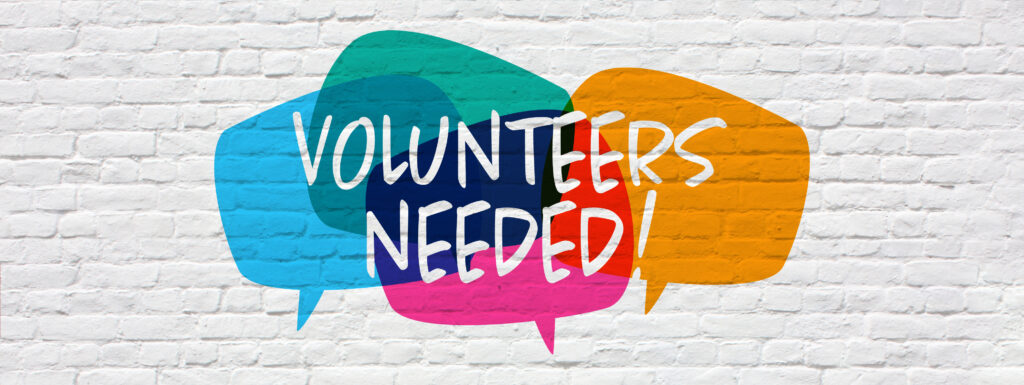
Not so long ago, in a classroom not so far away …. generative AI tools like ChatGPT stood ready, waiting for their moment to shine.
But before they can rise to the challenge to assist, or maybe over-assist, our students, it might be prudent to edit our syllabi to ensure it offers clear guidance on how and when (if ever) the use of AI in your class assignments and projects is acceptable.
A glance at syllabi from various institutions reveals that instructors and administrators are diligently crafting policies to guide AI’s use in their classrooms. These statements can be broadly grouped into four main categories:
- Content-generating AI is NOT Allowed:
- Under this category, the use of AI tools is strictly prohibited. These syllabi are clear that work produced by students must be entirely original, and the use of AI-generated content will be considered academic misconduct.
- Statements falling into this category emphasize the core value of academic originality and stress the importance of mastering subjects without undue reliance on technological shortcuts.
- Content-generating AI is Allowed with Appropriate Attribution:
- Policies in this grouping permit the use of AI for certain tasks or specific assignments, provided it is properly attributed. Students must clearly identify any writing, text, or media generated by AI when submitting work. They are also responsible for the accuracy of any generated content.
- Syllabi in this group might specify, for instance, that if a student employs AI tools like ChatGPT to generate content, this fact must be clearly indicated in their submission. The emphasis is on transparency and understanding the origin of academic materials.
- Content-generating AI Use is Allowed in LIMITED Instances:
- This grouping offers a middle ground. While AI is not entirely banned, its use is curtailed to very specific instances or types of assignments.
- Syllabi in this category might allow AI tools for preliminary stages of research, brainstorming, or concept development, but not for final submissions. Here, AI is viewed as an assistant rather than a creator, helping students in the preparation and formulation, but not execution of their academic tasks.
- Content-generating AI Use is Encouraged Broadly:
- The most progressive of the groupings, these policies embrace AI as a significant component of a rapidly evolving tech landscape.
- These syllabi might encourage students to explore AI’s capabilities, suggesting that they employ these tools in various assignments to understand their potential and limitations. However, they still emphasize the importance of integrity, ensuring students do not misuse AI, but rather incorporate it as part of a holistic learning experience.
Here is a non-exhaustive list of links to sample syllabi statements/AI policies being employed at other institutions of higher education:
University of Iowa Office of Teaching, Learning, and Technology – “What do I put in my syllabus about AI-generated and other externally generated content?”
SFCC Library Faculty Help: ChatGPT Comprehensive Resource Guide: Syllabus Statements & Course Policies
https://libraryhelp.sfcc.edu/Chat-GPT/syllabus-statements-course-policies
Cleveland State University Center for Faculty Excellence – Example Policy Statements for AI in Higher Education
https://pressbooks.ulib.csuohio.edu/teachingandlearning/chapter/statements/
Classroom Policies for AI Generative Tools
https://docs.google.com/document/d/1RMVwzjc1o0Mi8Blw_-JUTcXv02b2WRH86vw7mi16W3U/edit
Course Policies related to ChatGPT and other AI Tools
https://docs.google.com/document/d/1WpCeTyiWCPQ9MNCsFeKMDQLSTsg1oKfNIH6MzoSFXqQ/edit#heading=h.oio9fphey5pp
Montclair State University AI Course Policies and Assignment Guidelines
https://www.montclair.edu/faculty-excellence/teaching-resources/clear-course-design/practical-responses-to-chat-gpt/9569-2/
University of Minnesota’s Office of the Executive Vice President and Provost ChatGPT Syllabus Statements
https://provost.umn.edu/chatgpt-syllabus-statements
Inside Higher Ed, “A Guide to Generative AI Policy Making” https://www.insidehighered.com/views/2023/03/22/ai-policy-advice-administrators-and-faculty-opinion
As you read through these syllabi statements and begin writing your own, consider these questions:
- What kind of relationship do you hope to foster with your students? Knowing this will help guide the tone and structure of your syllabus.
- What do you want students to know about your teaching philosophy? This can influence the rules you set regarding AI.
- How can you build trust with students regarding use of AI? Being transparent about your own views and experiences with AI can be a start.
- How much AI assistance crosses the line? Define clear boundaries for your students.
- Where and how should AI use be disclosed? This can influence how students approach assignments and how you grade them.
If there’s one thing Academic Technologies has come to appreciate deeply in the dynamic world of teaching and learning, it’s that there’s rarely a “one size fits all” solution. Our classrooms are diverse, our students multifaceted, and our approaches varied.
As you consider the role of AI in your syllabus, remember: it’s about finding what fits for you and your learners.







